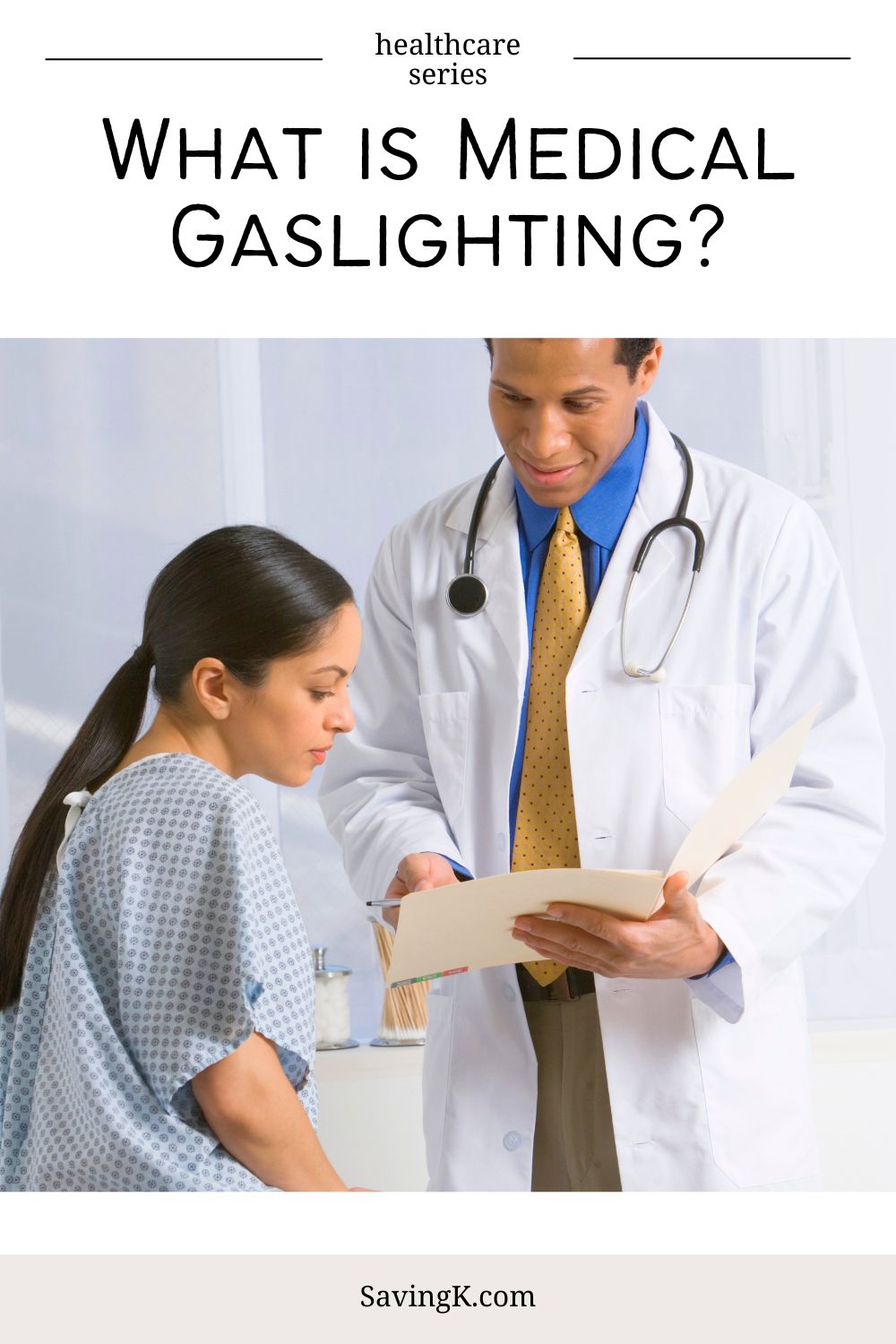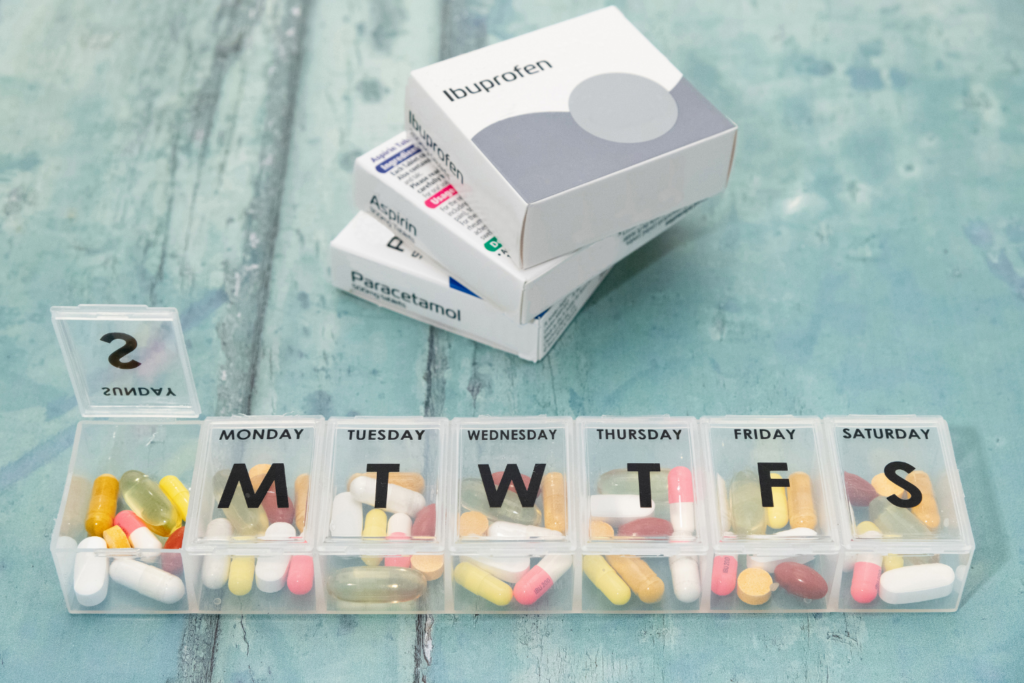
Have you ever left a doctor’s office feeling dismissed, belittled, or like your concerns were completely ignored? If so, you may have experienced medical gaslighting, a pervasive issue in healthcare that’s costing patients their health, time, and money. It’s a phenomenon that’s more common than you might think, and it’s frustrating countless individuals who are simply trying to navigate an already complex healthcare system.
Medical gaslighting occurs when healthcare providers dismiss or invalidate patients’ symptoms, concerns, or experiences, leading them to question their own perceptions and judgment. This insidious form of manipulation can have far-reaching consequences, from delayed diagnoses to unnecessary suffering and even life-threatening outcomes. What’s more, it’s a problem that disproportionately affects women, people of color, and other marginalized groups, exacerbating existing health disparities.
As someone who has extensively researched and written about healthcare issues, I can tell you that medical gaslighting is not just a minor inconvenience—it’s a systemic problem that undermines the very foundations of patient care and trust in the medical system. Let’s dive into what medical gaslighting really looks like, why it happens, and how it’s costing all of us more than we realize.
Contents
The Anatomy of Medical Gaslighting
Medical gaslighting can take many forms, but at its core, it involves a healthcare professional using their authority to manipulate a patient into doubting their own experiences or symptoms. This manipulation can be subtle and private, making it difficult to detect and address. It often occurs in situations where there’s a significant power imbalance, such as between a specialist and a general practitioner, or between a doctor and a patient.
Common scenarios of medical gaslighting include:
- Dismissing symptoms as “all in your head” or attributing them to stress or anxiety without proper investigation.
- Blaming health issues on a patient’s weight, age, or gender without considering other potential causes.
- Ignoring or downplaying reported side effects of medications or treatments.
- Refusing to order necessary tests or referrals based on preconceived notions about the patient’s condition.
- Suggesting that a patient is exaggerating their symptoms or seeking attention.
These experiences can leave patients feeling frustrated, invalidated, and unsure of how to advocate for their health effectively.
The Hidden Costs of Medical Gaslighting
When we talk about the costs of medical gaslighting, we’re not just referring to emotional toll—though that’s certainly significant. There are tangible, financial consequences that affect both individuals and the healthcare system as a whole.
Delayed Diagnoses and Missed Opportunities
One of the most serious outcomes of medical gaslighting is delayed or missed diagnoses. When patients’ concerns are dismissed, critical conditions can go undetected, leading to more severe health problems down the line. These delays not only impact the patient’s quality of life but also often result in more expensive treatments and interventions that could have been avoided with earlier detection.
Unnecessary Tests and Treatments
Ironically, while medical gaslighting can lead to missed diagnoses, it can also result in unnecessary tests and treatments. When patients feel unheard, they may seek multiple opinions or push for excessive testing to validate their concerns. This not only drives up healthcare costs but also exposes patients to potential risks associated with overdiagnosis and overtreatment.
Increased Healthcare Utilization
Patients who experience medical gaslighting often find themselves bouncing from one healthcare provider to another in search of answers and validation. This increased healthcare utilization puts a strain on the system, leading to longer wait times and higher costs for everyone involved.
Mental Health Impact and Associated Costs
The psychological toll of medical gaslighting cannot be overstated. Patients who have been gaslit may develop anxiety, depression, or even post-traumatic stress disorder related to medical encounters. These mental health issues often require additional treatment, further increasing healthcare costs and potentially impacting the individual’s ability to work or function in daily life.
Erosion of Trust in the Healthcare System
Perhaps one of the most insidious costs of medical gaslighting is the erosion of trust in the healthcare system as a whole. When patients feel dismissed or invalidated, they may become reluctant to seek medical care in the future, even when it’s necessary. This can lead to preventable health crises and, ultimately, higher costs for emergency interventions.
Why Medical Gaslighting Persists
Understanding why medical gaslighting occurs is crucial to addressing the problem. Several factors contribute to its persistence in healthcare settings:
- Time constraints: In a system where providers are often pressed for time, it can be easier to dismiss a patient’s concerns than to investigate them thoroughly.
- Unconscious biases: Healthcare providers, like all humans, can harbor unconscious biases that influence their perceptions and decisions about patient care.
- Lack of training: Many medical education programs don’t adequately address communication skills or the importance of patient-centered care.
- Power dynamics: The inherent power imbalance in healthcare relationships can make it difficult for patients to challenge a provider’s assessment or seek alternative opinions.
- Burnout: Healthcare provider burnout can lead to decreased empathy and patience, potentially contributing to dismissive behaviors.
Recognizing and Addressing Medical Gaslighting
For patients navigating the healthcare system, being able to recognize and address medical gaslighting is crucial. Here are some signs that you may be experiencing medical gaslighting:
- You feel blamed for your health problems
- Your symptoms are attributed to mental health issues without proper evaluation
- You’re told you’re too young, old, or a specific gender to have a particular condition
- You need to be persistently assertive to be heard or taken seriously
- Your provider seems annoyed or dismissive when you ask questions
If you suspect you’re being gaslit, there are steps you can take to advocate for yourself:
- Document your symptoms: Keep a detailed journal of your symptoms, including when they occur and their severity.
- Bring a support person: Having someone with you during appointments can provide moral support and an additional perspective.
- Prepare for appointments: Write down your questions and concerns beforehand, and don’t be afraid to refer to your notes during the visit.
- Seek a second opinion: If you feel your concerns aren’t being addressed, don’t hesitate to consult another healthcare provider.
- Be assertive: It’s okay to respectfully challenge a provider’s assessment or ask for further explanation.
- Know your rights: Familiarize yourself with patient rights and don’t be afraid to file a complaint if necessary.
Systemic Changes Needed to Combat Medical Gaslighting
While individual actions are important, addressing medical gaslighting requires systemic changes within the healthcare industry. Some necessary steps include:
- Improved medical education: Incorporating training on communication skills, implicit bias, and patient-centered care into medical curricula.
- Diversity in healthcare: Increasing diversity among healthcare providers can help reduce biases and improve care for marginalized populations.
- Patient feedback systems: Implementing robust systems for patient feedback and complaints can help identify and address instances of gaslighting.
- Cultural shift: Fostering a culture of compassion and understanding in healthcare settings is crucial to preventing gaslighting behaviors.
- Accountability measures: Developing mechanisms to hold healthcare providers accountable for dismissive or gaslighting behaviors.
Conclusion: The Path Forward
Medical gaslighting is more than just a buzzword—it’s a serious issue that affects patient outcomes, healthcare costs, and trust in the medical system. By recognizing its prevalence and impact, we can begin to address this problem at both individual and systemic levels.
For patients, being informed and assertive is key. Don’t be afraid to advocate for yourself or seek alternative opinions when you feel dismissed. Remember, you know your body best, and your experiences are valid.
For healthcare providers, reflecting on communication styles and potential biases is crucial. Cultivating empathy and truly listening to patients can go a long way in preventing gaslighting behaviors.
Ultimately, combating medical gaslighting requires a collective effort from patients, providers, and policymakers. By working together to create a more compassionate, patient-centered healthcare system, we can reduce the occurrence of medical gaslighting and its associated costs—both financial and human.
As we continue to shine a light on this issue, it’s my hope that we’ll see a shift towards more empathetic, collaborative healthcare experiences for all. After all, when patients feel heard and validated, everyone benefits—from improved health outcomes to more efficient use of healthcare resources. It’s time to put an end to medical gaslighting and usher in an era of truly patient-centered care.

- 10 Fees That Are A Waste Of Money (And How To Avoid Them) - February 21, 2025
- Does Alternative Medicine Save You Money? - February 21, 2025
- States With No Income Tax: How Much Can You Save? - February 20, 2025




